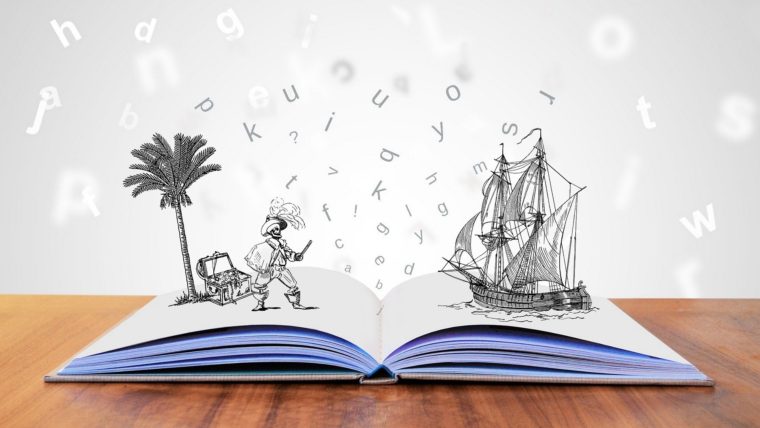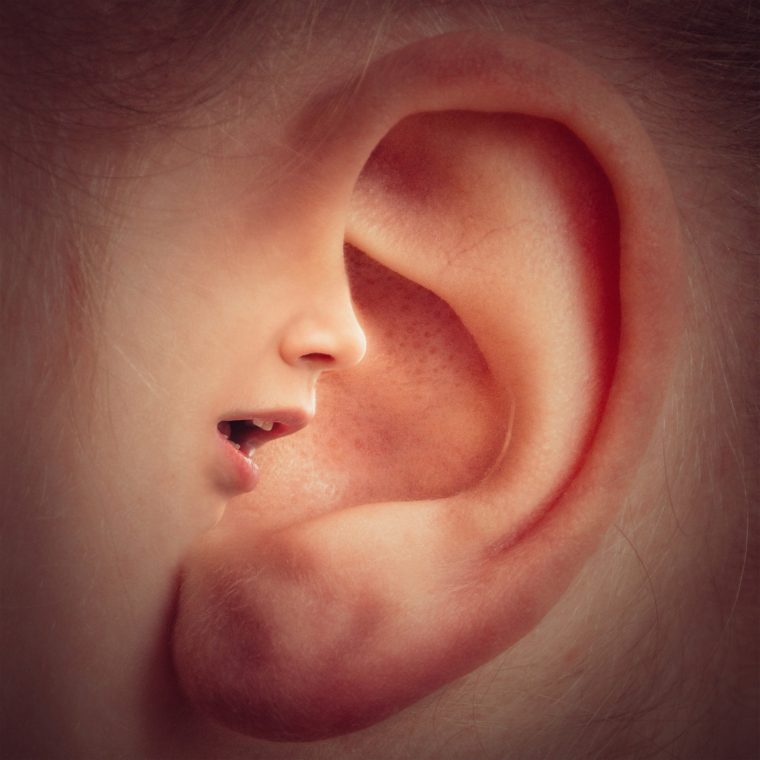At the beginning of my parenting journey, I came across this quote, “There are only two lasting bequests we can hope to give our children. One of these…is roots, the other, wings.”

According to Quote Investigator, the earliest evidence of this saying comes from a book by a prominent 1953 newspaper editor, Hodding Carter, in which he said a “wise woman” said those words to him.
One day, I would like to meet Ms. Anonymous. Many profound statements have been made by her.
When I first learned that my daughter was dyslexic, I was crushed. The plans I had; the dreams I’d cherished disappeared the moment I read the dyslexia specialist’s evaluation report.
As in any other loss, I went through the grieving process.
Denial
First, I thought she had made a mistake. Perhaps my daughter had just misunderstood some of her questions and directions. My brilliant child could not have the D word.
Anger
“Why me?” I asked God. After all, I am the academic in my family. “Why would you do this to embarrass me?” My friends expected my daughter to be a genius. Now, instead I would be humiliated. I didn’t even know anyone with a dyslexic child.
Bargaining
If only I had spent more time teaching her the basics… If only I had homeschooled her… If only… If only… If only…
“Okay, God, I’ll do better. Can you make this go away?”
Depression
“I’m an introvert, so I’ll just keep to myself and tell no one,” I thought.
Acceptance
Finally, I arrived at a place of acceptance. This is the hand I was dealt, so God must have a good reason. After all, He said that all things work together for good to those who love Him. The time had come to buckle down, do some research, and tackle this monster. When all is said and done, I am more than a conqueror.
This was the point when I sat down, reflected, prayed, and made a plan. I am resilient – my mother taught me how. I am a winner – my father instilled that in me.
I picked up myself, dusted off my mental dross, and stepped out to vanquish dyslexia. I resolved to give my daughter roots and wings.
Roots so deep that no one could shake her belief in herself… her gifts and abilities.
Wings so wide that nothing would keep her from reaching her highest goal in life.
How to give your child roots and wings:
Most importantly, come to a place of acceptance quickly.
Make memories in elementary school:
Highlight her strengths and use them to build her weaknesses.
Counterbalance the negatives teachers and other authority figures pour into her.
Read about that in my first letter to her here.
Make memories during the middle school years:
Find and implement programs available to strengthen the weak skills. Not just the popular ones, but also try those that may only have anecdotal evidence. If they worked for someone else, they may work for you.
Travel. Let her see social studies in action in real life. Take her to various countries. Let her explore the real world.
Check out my letter recounting my daughter’s middle school experience.
Make memories while she is in high school:
Teach her self-advocacy. Help her discover how she learns and provide the support and encouragement for her to travel on her own. Let her build confidence in her ability to surmount the most challenging difficulties.
Discuss every topic she’s interested in. Be prepared for your knowledge and imagination to be stretched.
Give her space to grow into her personality. Look at her graduation letter here.
Be a safety net for her during her young adulthood:
When my daughter went away for college, I visited regularly, and we chatted on the phone frequently.
Her friends got acquainted with me and I became a mentor to some and a surrogate mom to others.
Throughout the years, at different intersections of life, my daughter thanked me for the way I raised her and the consistent support I gave.
She still has some challenges, but she has learned how to roll with them.
On the other hand, she has excelled in the areas of her gifting, and receives ongoing accolades.
Many years ago, I come across some books and tapes by Dr. Denis Waitley. This poem of his resonated with me, and I hope it does with you, too.
A poem to parents…from their teenage child If I had two wishes, I know what they would be I'd wish for Roots to cling to, and Wings to set me free; Roots of inner values, like rings within a tree, And Wings of independence to seek my destiny. Roots to hold forever to keep me safe and strong, To let me know you love me, when I've done something wrong; To show me by example, and help me learn to choose, To take those actions every day to win instead of lose. Just be there when I need you, to tell me it's all right, To face my fear of falling when I test my wings in flight; Don't make my life too easy, it's better if I try, And fail and get back up myself, so I can learn to fly. If I had two wishes, and two were all I had, And they could just be granted, by my Mom and Dad; I wouldn't ask for money or any store-bought things. The greatest gifts I'd ask for are simply Roots and Wings. By Denis Waitley
As you ponder the future, what is your major goal for your child?



